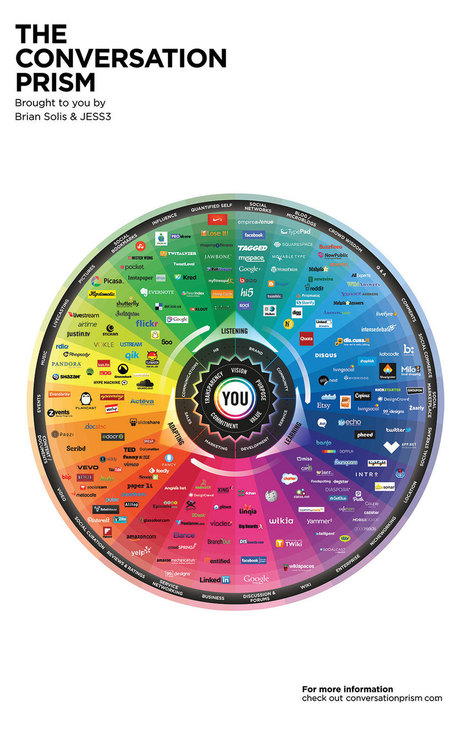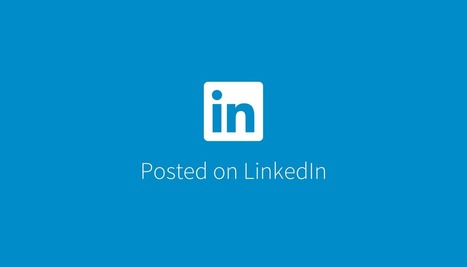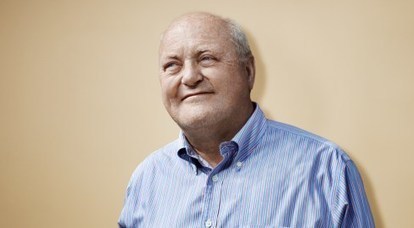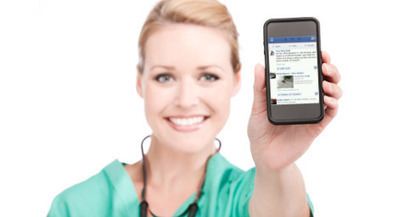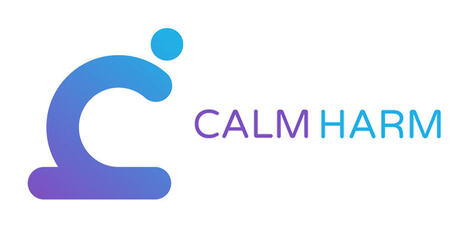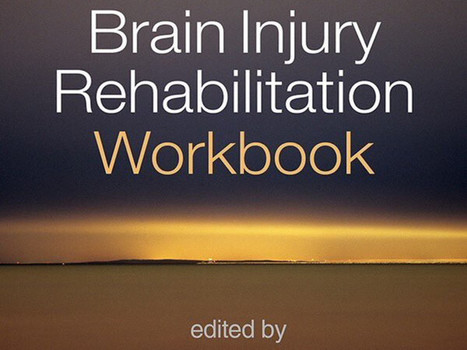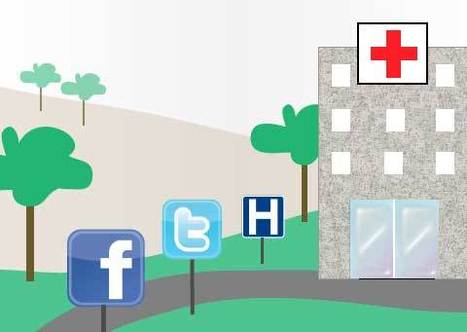Is social media saving lives? Or is it spreading poor information and damaging private confidentiality? The rapid rise of patient support groups on social media is putting some fundamental ethical questions into the spotlight. Stephen Armstrong reports
Patient groups began as small gatherings for people with the same condition in the same area to meet each other. They then evolved into highly professional operations, with often national or international organisations doing everything from connecting patients to raising public awareness of conditions and lobbying governments on behalf of their members. In the past decade online patient groups—where global communities of patients are active 24 hours a day—have flourished.
Cathy Stillman-Lowe, a volunteer health writer, came across her first online patient group—a Yahoo chat forum run by the Depression Alliance—back in 2005. “It was a very rudimentary group,” she explains. “It was moderated by a part time volunteer, which was tricky when people had those 3 am panics. I’m now part of Bipolar UK’s e-community. The chat rooms are moderated at all times, and there’s a red panic button you can press if someone says they’re going to commit suicide, and they’ll contact them and help.”
Today social media have become invaluable for many patients, especially those with unusual or rare conditions. Irenie Ekkeshis was diagnosed with acanthamoeba keratitis, a rare amoebic infection of the cornea,1 in January 2011. “For rare diseases like mine no offline community existed,” she told The BMJ . “Most of the information I could find was either inaccurate or terrifying. But I found a Facebook group, with only 38 members at the time, and the relief was enormous. I was so happy to connect with someone, to share the same emotions and experiences, the same anxiety and frustration and shock in a normal, accessible way.”
Joanna …

|
Scooped by
Andrew Bateman
onto Can Social Media Improve Health? August 21, 2016 4:02 AM
|
Andrew Bateman's insight:
I feel really fortunate to have been involved in the work led by Anna de Simoni that has provided an exemplary model for actively researching the content of a social media platform and using the findings to influence service developments and clinical practice.
http://bmjopen.bmj.com/content/6/4/e009974.abstract?sid=7cb7b9f4-2416-4396-b4ab-da761b3c1d33
No comment yet.
Sign up to comment




 Your new post is loading...
Your new post is loading...
